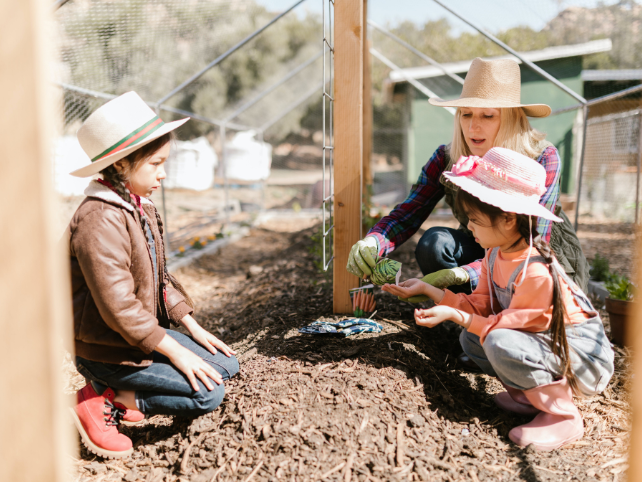
Teaching social responsibility to special needs children is important for their overall development and integration into society. Here are ten tips to help you in teaching social responsibility:
- Model Social Responsibility: Be a role model for your child by demonstrating socially responsible behaviors and actions. Show kindness, respect, and empathy towards others in your daily interactions.
- Use Visual Supports: Utilize visual aids such as social stories, visual schedules, or charts to help your child understand and remember social expectations and responsibilities. These visuals can provide concrete reminders of appropriate behaviors.
- Break Concepts into Smaller Steps: Break down social responsibility concepts into smaller, more manageable steps. Teach one concept at a time and gradually build upon their understanding.
- Reinforce Positive Behaviors: Provide positive reinforcement when your child displays socially responsible behaviors. Praise and acknowledge their efforts and offer rewards or incentives to encourage continued growth.
- Role Play and Practice: Engage in role-playing activities to help your child practice social responsibilities. Act out scenarios that involve sharing, taking turns, or helping others, and provide guidance and feedback during the process.
- Community Involvement: Encourage community involvement by participating in volunteer activities or community service projects together. This can help your child develop a sense of responsibility towards others and foster a positive connection to their community.
- Teach Problem-Solving Skills: Help your child develop problem-solving skills that promote social responsibility. Teach them strategies for resolving conflicts, finding compromises, and considering the perspectives of others.
- Develop Empathy: Nurture empathy in your child by teaching them to understand and share the feelings of others. Engage in discussions about emotions, encourage perspective-taking, and help them identify ways to support and comfort others.
- Practice Good Communication: Teach your child effective communication skills, such as active listening, using polite language, and expressing thoughts and feelings appropriately. Good communication is essential for social responsibility and building positive relationships.
- Collaborate with School and Therapists: Collaborate with your child’s school and therapists to reinforce social responsibility skills across different environments. Coordinate efforts to ensure consistent expectations and strategies are being implemented.
Remember that each child is unique, and progress may vary. Be patient, provide ongoing support, and celebrate small achievements. It is essential to tailor teaching methods and strategies to your child’s individual needs and learning style.

